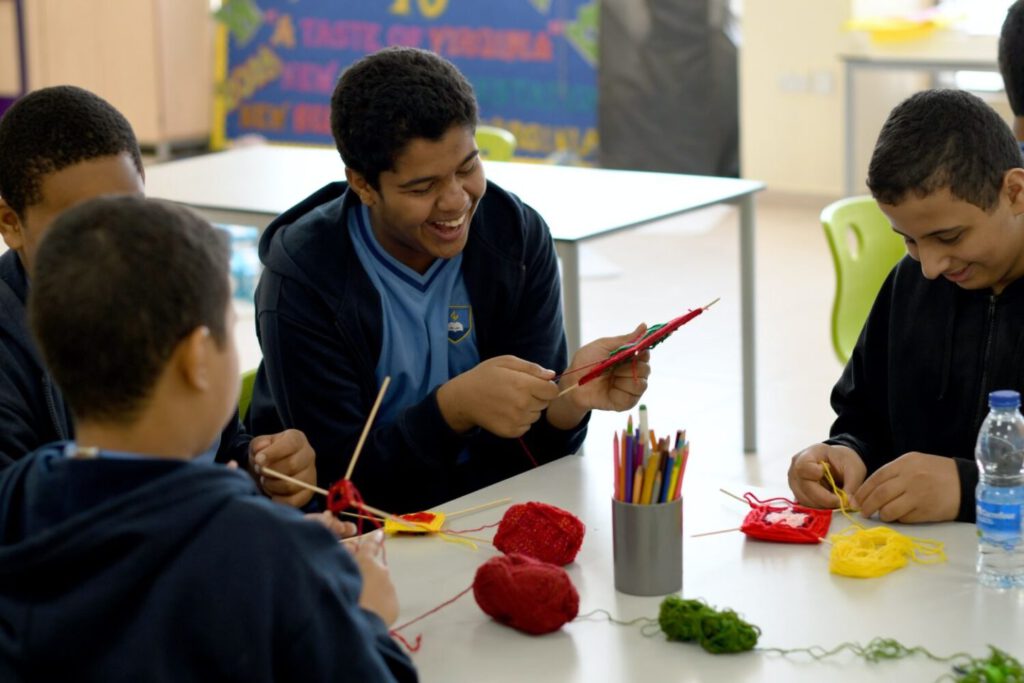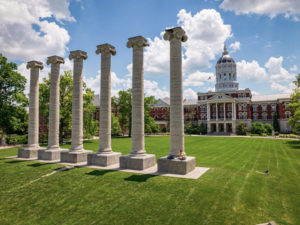The Value of the Arts in a STEM-centric World
After reading Francis Chan’s book Crazy Love in high school, I saw a glimpse of the love that Jesus and God the Father poured out on us. Reading that book revolutionized my thinking and led me to…

After reading Francis Chan’s book Crazy Love in high school, I saw a glimpse of the love that Jesus and God the Father poured out on us. Reading that book revolutionized my thinking and led me to become much more serious about following Jesus in everything. While that’s a daily journey we all must continue taking, the realization led me to surrender my presuppositions about careers to the Lord during college. Long story short, I graduated in three years and developed an intense passion for producing and operationalizing ideas, subsequently starting a doctoral program at Stanford where I ended up earning two masters and two doctoral degrees in economics and engineering.
While science, technology, engineering, and math (STEM) training is unambiguously important and a worthwhile pursuit, it is not an end in and of itself, nor even a sufficient condition for a holistic educational experience. In fact, there is now clear evidence that noncognitive skills, including how to communicate interpersonally and in teams, matter at least as much, if not more, than cognitive skills. Put simply, technical skills help with the completion of tasks, but to create, work with people, and do so with integrity requires a much broader set of experiences and training.
One of the best ways to promote these types of skills and inculcate an appreciation for beauty is by studying the arts. First, art is arguably the primary vehicle for communicating and instilling principles over time. By drawing people with heterogeneous backgrounds together around shared norms and principles, art helps build and promote social capital. This is a critical ingredient for healthy cultures, otherwise fragmentation and disunity arise, like we are seeing played out today. Second, art leads to significant improvements in brain development, even relative to other activities (e.g., science and sports). By instilling discipline and an eye (or ear) towards beauty, the arts cultivate a discipline and attention to detail that permeates everything we do and say for a lifetime. Moreover, all these cognitive benefits that accrue from exposure to music are present across all socio-economic groups.
Unfortunately, the educational system has created a false impression that the arts and STEM are mutually exclusive—or at least not complementary to one another. And yet, consider all of the intellectual giants through history. Sir Isaac Newton, for example, was a mathematician, physicist, astronomer, theologian, and author, but he also took his inspiration from music. Similarly, Benjamin Franklin was a writer, scientist, inventor, statesman, diplomat, printer, publisher and political philosopher, but he was also an active musician. In this sense, the intense focus on specialization and the dulling of the American mind through an abolition of standards and pursuit of excellence is not just producing a less capable workforce, but also a less inventive and engaged citizenry.
While I did not grow up playing an instrument, or engaging with the arts more generally, my passion for the arts began by realizing that the cultural deterioration that we’re seeing is directly linked with a lack of leadership—that is, a church that has failed to take up the call to shine and display excellence within the arts and cultural sectors. That’s what prompted me to serve in Living Opera, an arts and education technology startup founded and run by Soula Parassidis, an international soprano. Our aim is to empower performing artists and revitalize the fine arts. Having beautiful and edifying art, whether a painting or song, is necessary to provide an alternative to the explicit and inappropriate content that dominates YouTube and society at large.
But, like any big goals, we have to start small, so we focus on a fundamental challenge within the fine arts, namely that performing artists lack the requisite skills to actually survive, let alone thrive, with a professional career. Put simply, colleges and music conservatories are not providing a holistic experience. Instead, we inform, equip, and empower performing artists with the requisite skills and experiences to succeed as a professional opera singer. For example, we provide training and activities around cultivating entrepreneurship skills—that is, knowing how to create and build a brand, manage finances, and much more—which we offer through a masterclass, Beyond Your Big Break. Building a career in the arts requires skills in business just as much building a career in business requires an artistic mindset—one balances out another and the earlier we realize that the better.
That’s part of the reason that I am now starting to understand and appreciate the incredible beauty and thoughtfulness of some of the greatest composers, such as Wolfgang Amadeus Mozart and Pyotr Ilyich Tchaikovsky. While I cannot go back in time to embed the arts and a classical education into my learning journey, it is not too late for anyone—learning is life long, especially as Christians. Indeed, we are called to grow in knowledge and wisdom (e.g., Proverbs 4:6-7) and music occupies a specifically special place for us: “Let us come into his presence with thanksgiving; let us make a joyful noise to him with songs of praise!” (Psalm 95:2).



